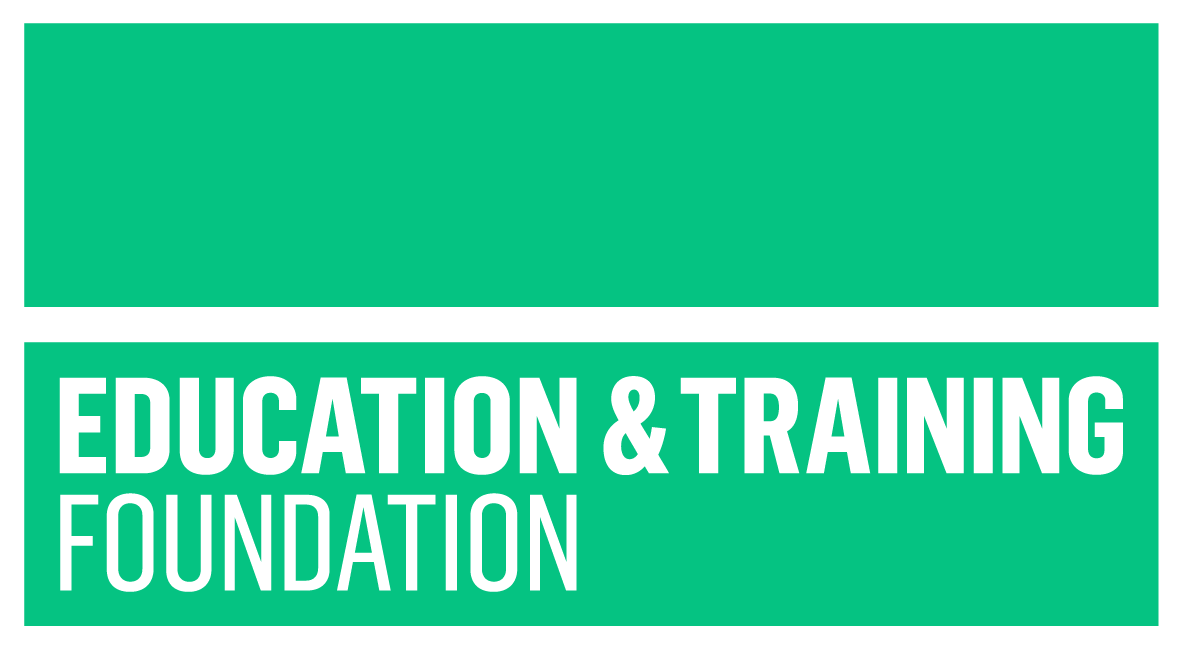In the last of three articles focusing on motivating teachers to remain in Further Education (FE) and the part an alternative approach to professional development could play in achieving this, Education Consultant Dr Tricia Odell looks at some case studies of providers whose leaders have introduced non-judgemental mentoring, and the impact this has had on their organisation.
In the second article in this series, we explored some of the practicalities when introducing a collaborative approach and considered the role that middle leaders can play to help foster a practitioner-led approach to professional learning. Here, we will look at some case studies that illustrate the introduction of non-judgemental mentoring and its organisational impact.
The Education and Training Foundation (ETF) mentor training programme ran for three years until 2023. During this time, it supported the professional development of over 600 mentors across the Further Education (FE) and Skills sector, helping them to embed whole organisation approaches to mentoring, with a focus on a non-judgemental approach. As well as providing training for mentors, the programme also funded time for mentors to meet with mentees. Mentors used the ONSIDE mentoring framework to support the professional learning of their mentees (Hobson, 2016, ETF, 2023a).
In March 2023, six case studies were developed with providers that had participated in the programme to assess its impact and to identify any changes in organisational culture (ETF, 2023b). Excerpts from two of the case studies are included below.

